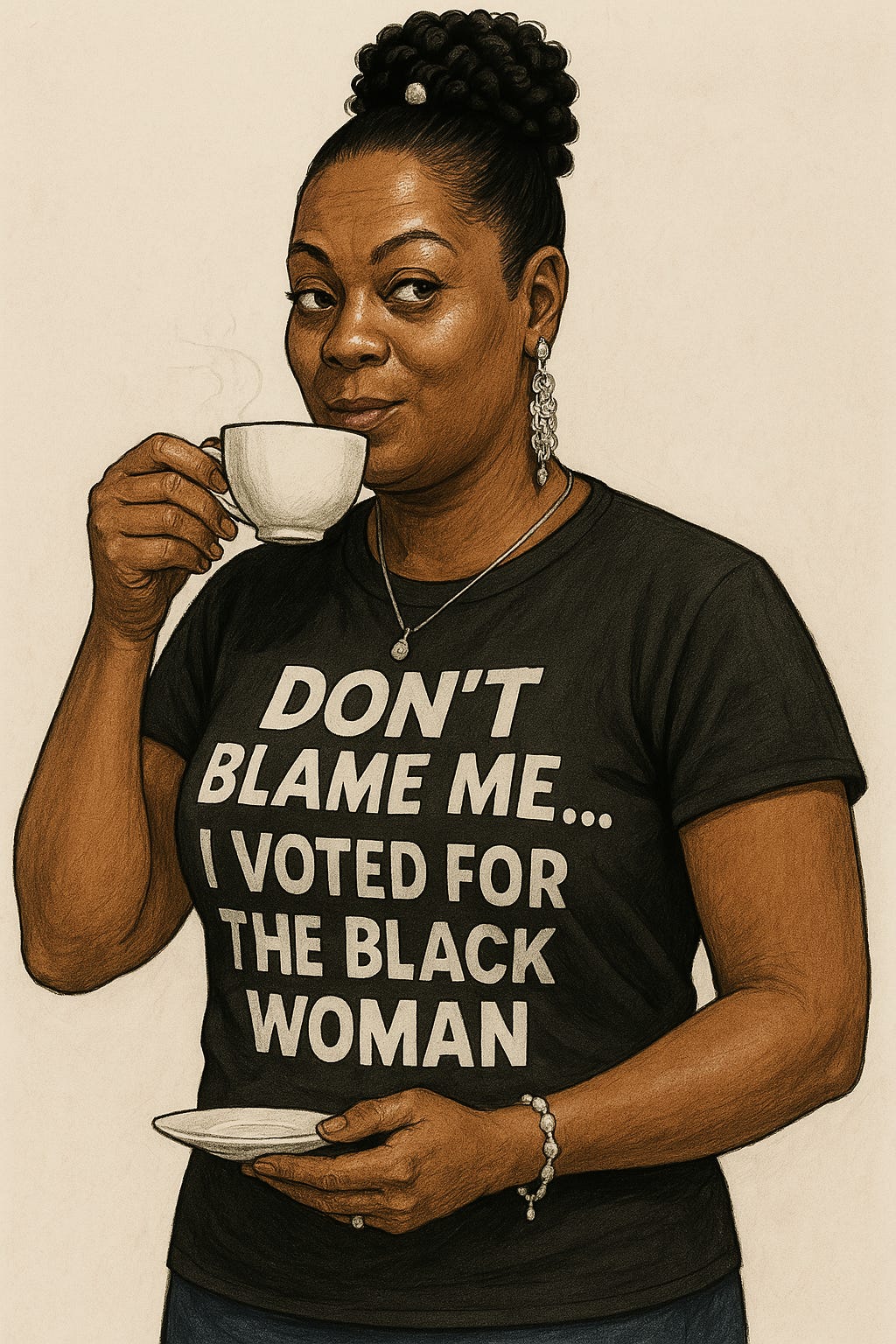Labor Day 2025
Reflecting on the Legacy and Challenges of Black Women in the Workforce
Disclaimer: This post was written with the assistance of AI for fact-checking, grammar, and spelling. The ideas, insights, and logic are based on Niasha Fray, MA, MSPH, CEO of Niasha Fray Consulting LLC.
As we observe Labor Day 2025, it’s essential to honor the contributions of all workers—especially those whose labor has been historically undervalued. For Black women in the United States, this day is a poignant reminder of both progress and persistent challenges in education, employment, and wealth-building.
Historical Context
Labor Day originated in the labor movement, advocating for fair wages, safe working conditions, and worker protections. For Black women, the fight for labor rights has always been intertwined with the broader civil rights movement. Historically at the forefront of labor activism, Black women continue to encounter systemic obstacles that hinder economic advancement.
Educational Attainment
Black women have made remarkable gains in education. According to the National Center for Education Statistics (NCES, 2023), they earn college degrees at higher rates than any other group of women by percentage.
However, representation diminishes at doctoral and professional levels. In 2021-22, Black women earned approximately 4.4% of all U.S. doctoral degrees (NCES, 2021-22).
Even when Black women earn terminal degrees:
Unemployment: They experience higher unemployment rates than white peers with the same credentials (Bureau of Labor Statistics, 2022).
Pay Gaps: Black women with master’s or doctoral degrees earn less on average than white men with bachelor’s degrees (AAUW, 2022).
Leadership Barriers: They remain underrepresented in executive and C-suite roles (McKinsey & LeanIn.Org, 2023).
The takeaway: Black women are among the most resilient and determined learners, yet systemic barriers—including discrimination, occupational segregation, and pay inequities—continue to limit career advancement.
Labor Market Disparities
Despite educational achievements, Black women continue to face structural inequities in the workforce. Recent data shows:
Unemployment among Black women reached 6.0–6.3% in 2025, nearly double the national average (WABE, 2025).
Sectoral disparities persist: highly educated Black women are overrepresented in government, education, and nonprofit roles, which often pay less than private-sector equivalents.
A recent New York Times report (2025) highlights that Black women are disproportionately affected by layoffs during corporate restructuring and federal agency downsizing—often despite qualifications and performance.
Household Realities, Wealth, and Retirement Security
Economic disparities extend beyond employment:
Household Leadership: Nearly 70% of Black mothers are the primary breadwinners (U.S. Census Bureau, 2023).
Wealth & Homeownership: The median wealth of single Black women is $1,700, compared with $66,000 for single white women (Federal Reserve, 2023). Homeownership rates lag far behind, limiting pathways to generational wealth.
Retirement Security: 80% of Black women have less than $10,000 saved for retirement, leaving many vulnerable in later life (National Institute on Retirement Security, 2023).
These disparities show that education and hard work alone do not guarantee economic security, directly challenging the meritocracy narrative.
Why It Matters for Society
Equity for Black women is not just a social justice issue—it is an economic imperative. According to McKinsey & Company (2019), closing racial and gender gaps in the workforce strengthens communities, drives innovation, and adds trillions to U.S. GDP.
As economist William Rodgers notes, “The health of the Black labor market is a canary in the coal mine for the entire U.S. economy.” When Black women are undervalued, underemployed, or laid off, the impact reverberates across households, communities, and markets.
Call to Action
This Labor Day, Niasha Fray Consulting LLC invites reflection and action:
Advocate for policies promoting pay equity, workplace protections, and anti-discrimination measures.
Support initiatives increasing access to leadership and executive roles for Black women.
Encourage financial literacy programs addressing the unique challenges faced by Black women in wealth accumulation and retirement planning.
📽️ For deeper insight into these systemic challenges, watch this New York Times video: Why Black Women Are Seeing Job Losses
Because true labor equity means no one gets left behind.
#LaborDay2025 #BlackWomenInWorkforce #EquityInEmployment #WealthJustice #NiashaFrayConsulting #Health Equity #EconomicJustice #HigherEducation #Meritocracy #GenerationalWealth

